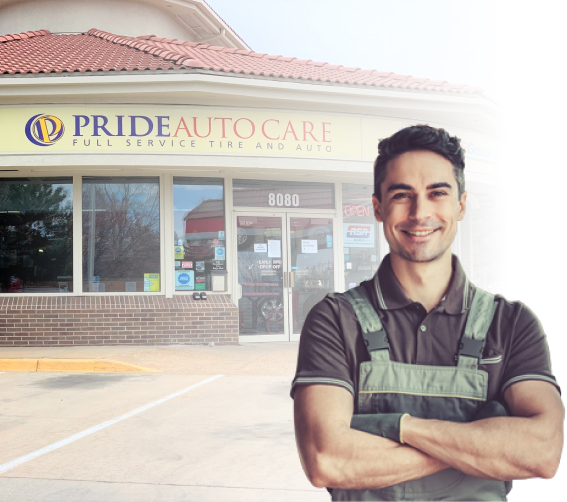5 Things You Should NOT Do As A Vehicle Owner
Proactive vs. Reactive
Creating or controlling a situation by acting, rather than responding to it after it has already happened vs. Acting in response to a situation rather than creating it.
In the automotive professional world we want to not only help people fix their vehicles, but we also want to take the initiative in offering education to our customers on what they can do or what they should not do in order to prevent costly repairs down the road (no pun intended).
Let’s visit some of those “Do Nots” now…
- Never ignore warning lights that may come on. For example, the check engine light, tire light (TPMS) or even the engine temperature light. These are alerts from your vehicle that something is not working as it should and needs to be checked by a true automotive professional. These lights can indicate simple fixes or possibly severe malfunctions.
- Never remove the radiator cap immediately after driving the vehicle, or when the vehicle is up to normal operating temperature. If you feel the need to pull over due to the vehicle overheating, or if it is wintertime and your heater does not seem to be blowing warm air these two instances are a sign of low coolant. Removing the radiator cap immediately after driving the vehicle can produce a sudden eruption of hot, pressurized coolant and may cause severe injury to oneself and a potentially costly repair.
- Never put off oil changes. The purpose of routine oil changes is to maintain a perfectly lubricated engine (& its components) in order to absorb heat. If you put this maintenance item off, or forget then the engine will lose its ability to operate properly and the oil inside your vehicle will become a “sludgy” mess. Engine repairs or replacements are among the most expensive and timely repairs, especially with the worlds current supply chain as unpredictable as it is due to pandemic delays… We are all working hard with suppliers to get the correct parts as fast as possible. A simple routine oil change will keep your vehicles engine running smoothly for years to come and avoid all of the cost of replacement.
- Never drive on a CLEAR highway in 4-wheel drive High or Low for long periods of time. Sure, if there is inclement whether and everyone on the highway is driving slowly then it would make sense as to why people might drive in 4WD. However, if the highway is clear and the speed is higher than 35mph then you are going to wear out multiple vehicle components. First off, you will decrease your fuel economy because now your engine needs the power to rotate 4 wheels & not just 2; but you will be putting extensive pressure on your drive train, gearbox & differentials in the process (all of which can be expensive to repair). Plus, taking any slight turn or lane change while in 4WD can cause your tires to slip because there is too much power being pushed to all 4 wheels. A very dangerous predicament to be in.
- Never mix & match gasoline fuel & diesel fuel. Maybe you weren’t paying attention to what you selected or maybe you stopped at a fuel station that is out of one or the other. Either way it will benefit you to understand the severe impact this type of accident can have. Gasoline is flammable & diesel is combustible. Gas needs spark plugs to ignite and causes too much of an explosion for a diesel engine to handle therefore causing internal engine damage, reduced lubrication resulting in damaged injectors and fuel pump, & because of incomplete combustion, your engine sensors will also become damaged. If you accidently mix these fuels, we highly suggest not driving your vehicle AT ALL and having it towed to your nearest diesel mechanic. Mixing the fuels is a simple & less costly problem to fix, but once the vehicle has been started & driven, the repairs will increase substantially.
Caitlyn Pridemore
Manager of Business Services
filed under: Auto News



